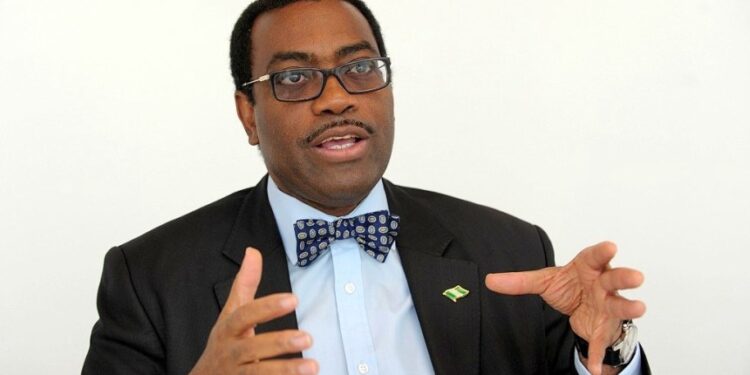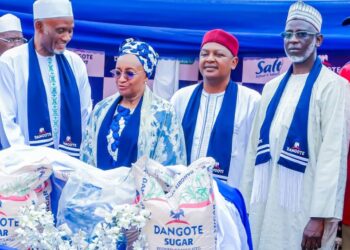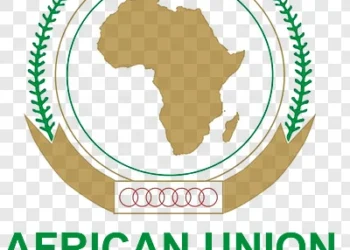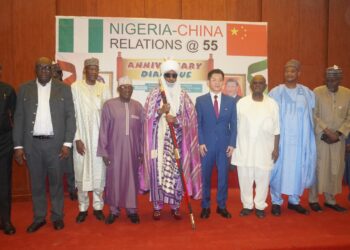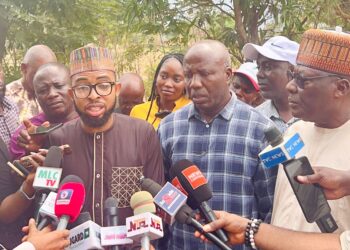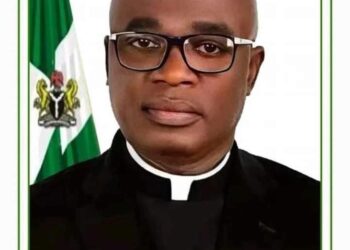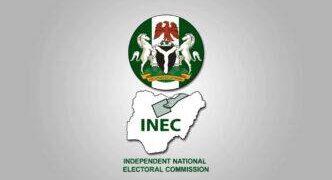The Independent Media and Policy Initiative (IMPI) says Nigeria’s Gross Domestic Product (GDP) per capita at independence in 1960 was $93, not $1,847.
This is contrary to the submission of the President of the African Development Bank AfDB Dr Akinwumi Adesina at a recent forum in Lagos.
IMPI in a statement signed by its Chairman, Dr Omoniyi Akinsiju, posited that its review of Adesina’s position showed that it was a misrepresentation of fact.
The policy think than group said: “We have reviewed some of the submissions made by the President of the African Development Bank (AfDB), Dr Akinwumi Adesina in his keynote address at the 20th anniversary dinner of investment firm, Chapel Hill Denham and found the whole foundation of the keynote address, not only faulty, uncharitable and, as it were, a deliberate misrepresentation of fact and figures.
“Apparently, in a bid to prove the point of the topic of the speech entitled: “Reimagining Nigeria by 2050,” the former Nigeria’s Agriculture Minister surmised that Nigeria is facing a deeper economic recession than many realised.
“To justify this assertion, he stated that with a current Gross Domestic Product per capita of just $824, Nigerians are significantly worse off than they were at independence in 1960 when the country’s GDP per capita was $1,847.
“While we still ponder what exactly may be the intentions of the President of the AfDB at this brazen and ill motivated manoeuvre at revisionism, we believe this is another of those propagation of conjured up figures to erode public confidence in the government by deriding the Nigerian brand and its cherished values as has become the pastime of some Nigerian elites.
“The truth of the matter is that Nigeria’s GDP per capita at independence in 1960 was not anywhere near $1,847, rather, it was $93. GDP per capita is a key economic indicator which measures a country’s gross domestic product divided by its population.
“Nigeria’s population in 1960 was approximately 45.1 million people while the GDP was $4.2billion. At $93, we do not think by any stretch of imagination that the nation’s GDP per capita in 1960 should form the basis of analysis and comparison of economic eras as the President of the AfDB did in his keynote address.
“In our consideration, it sounds like an opportunistic exploitation of base sentiments against Nigeria’s federal administration.
“As a matter of fact, we believe Nigerians are deserving of well-grounded research and better contextualised analysis and postulations on possible approaches to Nigeria’s economic growth trajectory.”
IMPI acknowledged Nigeria’s economic challenges but noted that ongoing reforms by the current administration are crucial for building a more resilient economy.
“Indeed, the fact of Nigeria’s economic challenges as Dr Adesina would want Nigerians to believe is not in doubt but to amplify it beyond ongoing economic reforms being undertaken by the federal administration of President Bola Tinubu, is to say the least, uncharitable.
“We consider Dr Adesina’s presentation more of a free-style generalisation of what has become the global north’s generalisation of economic attributions of countries of the global south.
“Contrary to this generalisation, we have continued to witness the growing diversification of the Nigerian economy on the time tested economic principle of cheaper exports relative to other jurisdictions based on exchange rates differentials.
“In addition, we have begun to see increased processing of our primary products in the oil and gas sector, solid minerals and agriculture in the realisation of long desired objectives of value addition to our raw materials.
“We are also witnessing strong rebounds in industry’s profitability under the current dispensation a show of policy impact on the manufacturing and related industries.
“Of course, there is much to be done but our appeal to Nigerian critics and experts is to adopt a more nationalistic outlook to analysing the state of the Nigerian economy by being truthful no matter the temptation of playing to the gallery.
“We encourage the federal administration to hold the course of the ongoing economic reforms.
“We are in no way under the illusion of an immediate
turn-around of the economic situation of the Nigerian state.
“We are, however, persuaded about the seriousness and appropriateness of the policies that are being deployed in structuring an enduring and sustainable economic legacy for the country by the federal administration,” it added.
(vitalnewsngr.com)


